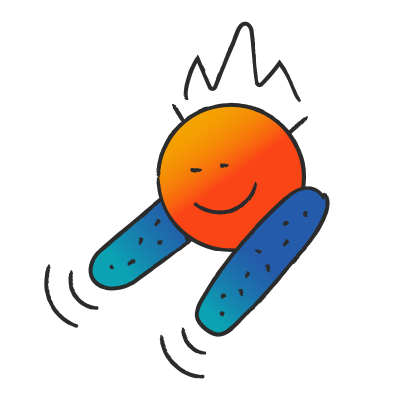
Automation Developer
While RPA can have a significant impact on a business on its own, its potential ismultiplied by other software automation means and AI technologies, such as machine learning. Go beyond the typical RPA Developer role towards the broader scope of automation development.
No matter the job title, Automation Developers are the engine of any business automation program, thus playing a key role in the Automation Center of Excellence. Their mission is to transform ideas into enterprise-scale automation processes using a broad range of automation tools and functionalities, such as UiPath Studio. They cando this through a combination of technical skills and business acumen.

Work with the Solution Architect and the Business Analyst to sign off on the business and technical requirements.
Contribute to the designs of the RPA and automation solutions.
Develop automation projects and components according to the solution design, using the dedicated automation software.
Adhere to the automation development methodologies and RPA best practices.
Do software testing for the automation workflows and work with the Tester and the Test
Automation Engineer for QA automation and the other stages of the testing process. Troubleshoot the bugs identified.
Participate in all the stages of the automation project lifecycle, such as production deployment, hypercare, and monitoring.
Create the technical documentation for the automations developed, according to the best practices.
Review code written by peers and facilitate knowledge transfer.
Robotic Process Automation (RPA) and business automation, and at least one programming language.
The UiPath Automation Implementation Methodology.
Analytical thinking and problem-solving.
In-depth knowledge of the Automate pillar of the UiPath Platform: Studio, Apps, Integration Service, Robots, Action Center, and Data Service.
In-depth knowledge of UiPath Orchestrator.
UiPath templates e.g., the UiPath Robotic Enterprise Framework.
UiPath solution accelerators, available on the UiPath Marketplace.
The best Automation Developers come from tech-savvy individuals with a good understanding of the basic programming concepts and ideally 1-2 years of experience as a software engineer or education in computer science. Being a role closely tied to business, analytical thinking and problem-solving are crucial.
As an Associate Automation Developer, you can expect to work with more tenured developers and develop new RPA and automation components, or debug and update existing ones to the newest technology.
As an Advanced Automation Developer, you will be in charge of the development of small to medium-sized automation projects.
As an Expert Automation Developer, you will be in charge of the development of large enterprise automation projects, consisting of multiple applications and environments.
You can further progress towards an Automation Developer Lead role or Automation Solution Architect role.

If you're totally new to automation development, start with a course on coding concepts and fundamentals, ideally with C# or VB.NET, but it can also be something else, like Python or Java. Currently UiPath Academy doesn't offer such courses, but with a bit of research you can find one which suits your interests and current expertise.
The Automation Explorer learning plan (6 courses): the essential topics in automation development, demonstrated with the UiPath technology.
The Associate Automation Developer learning plan: get the skills you need to work with other developers in business automation scenarios.
The Associate Automation Developer certification: demonstrate your expertise with this first Automation Developer certification.
The Advanced Automation Developer learning plan: develop the expertise to drive the automation of business processes.
The Advanced Automation Developer certification: prove your enterprise automation abilities with this certification.

